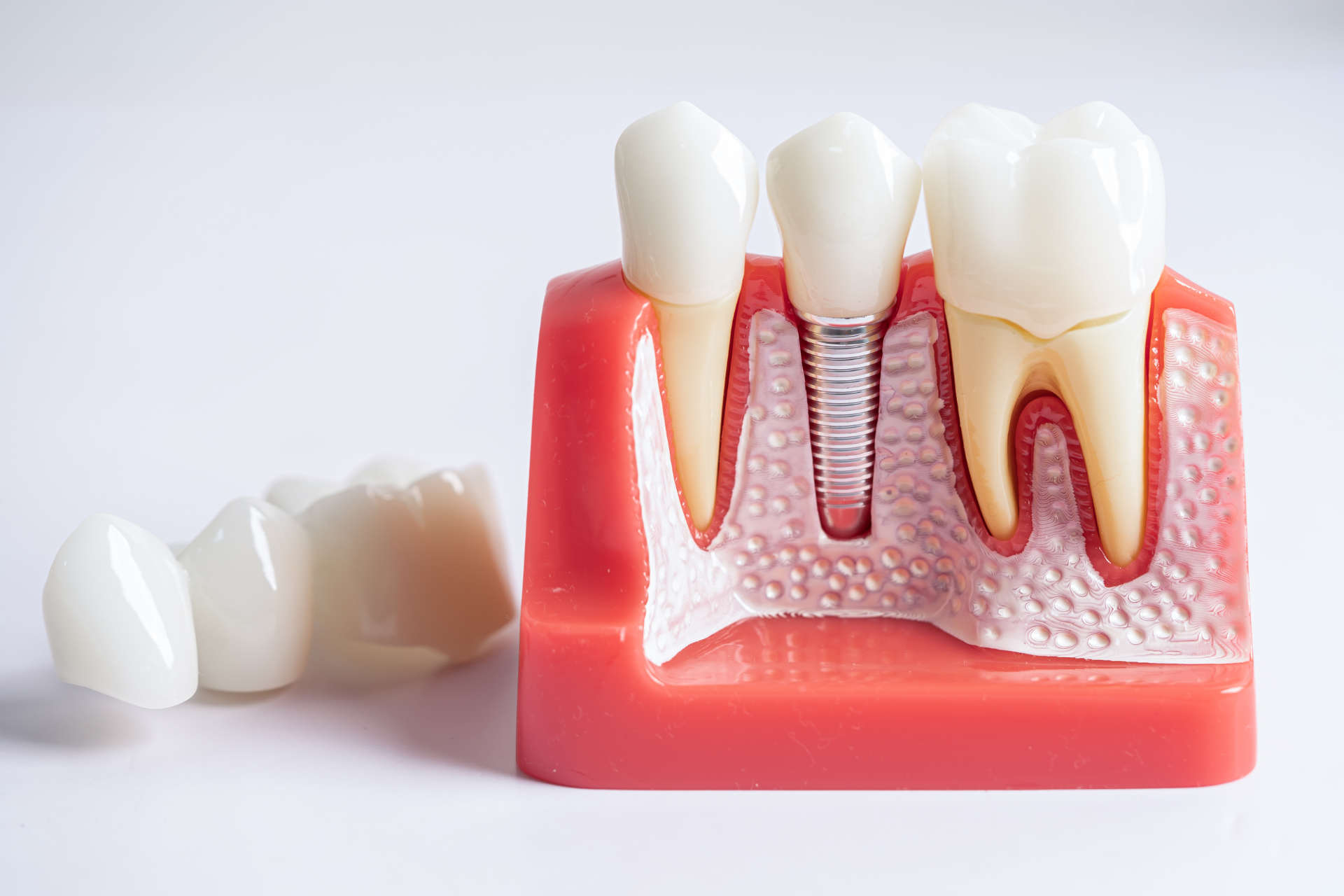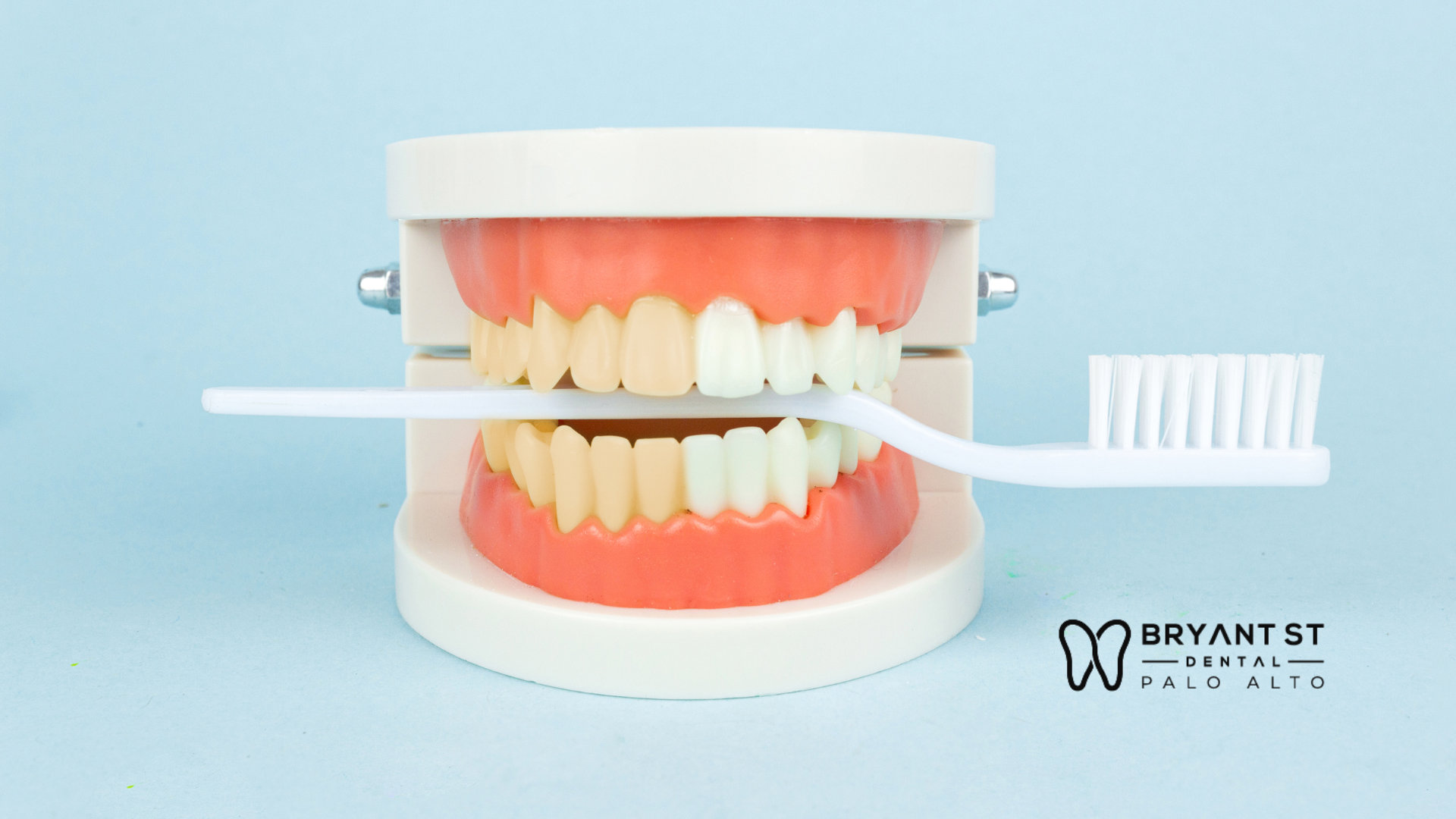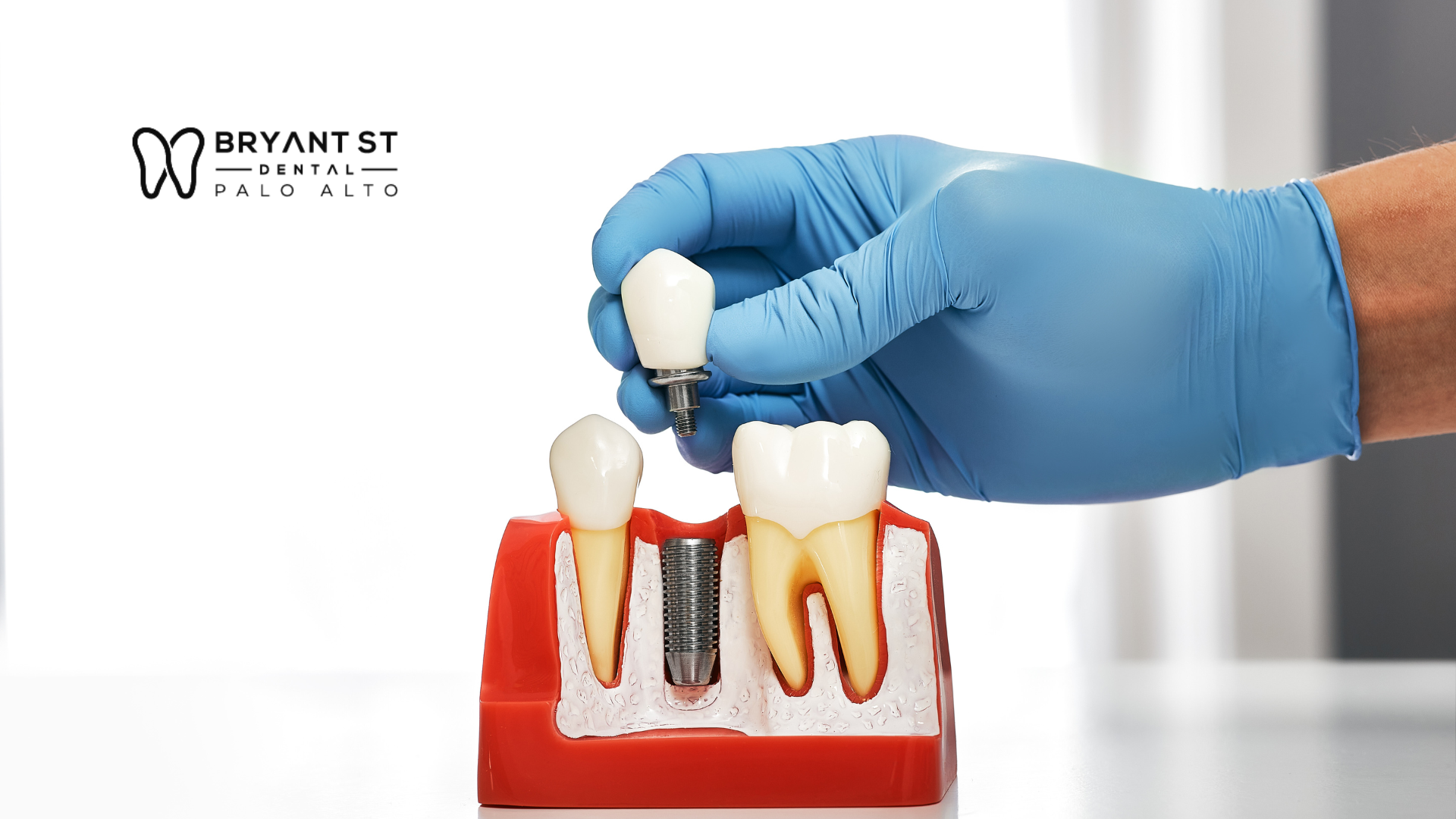Understanding Dental Implants
What are Dental Implants?
Dental implants are prosthetic devices that replace missing teeth. An implant is inserted into the jawbone and acts as an anchor for a dental crown or bridge. Unlike dentures, implants are permanent and provide a natural-looking and functional solution for tooth loss.
Benefits of Dental Implants
Dental implants offer a permanent solution for missing teeth. They are designed to look and function like natural teeth, providing a more comfortable and natural-looking smile. Unlike dentures, dental implants are securely anchored to the jawbone, which allows for better stability and improved chewing ability. Additionally, dental implants help to preserve the integrity of the jawbone, preventing bone loss and maintaining facial structure.
Are Dental Implants Right for You?
Dental implants are a popular solution for replacing missing teeth. They offer numerous benefits, including improved appearance, enhanced speech, and increased comfort. However, it's important to consider certain factors before deciding if dental implants are right for you.
Firstly, oral health plays a crucial role in determining the success of dental implants. Good oral hygiene and healthy gums are essential for the long-term success of the implant.
Secondly, the cost of dental implants is an important consideration. While they may be more expensive upfront compared to other tooth replacement options, they are a long-term investment that can save you money in the future.
Lastly, commitment to the process is necessary for successful dental implant treatment. The process involves multiple appointments and a healing period, so it's important to be prepared for the time and effort involved.
If you are looking for a permanent and natural-looking solution to replace missing teeth, dental implants may be the right choice for you. Consult with a qualified dentist to determine if you are a suitable candidate for dental implants.
Factors Affecting Dental Implant Cost
Implant Material
The choice of implant material is one of the key factors that can affect the cost of dental implants. There are different types of materials used for dental implants, including titanium, zirconia, and hybrid implants. Each material has its own advantages and considerations. Titanium implants are the most commonly used and have a long track record of success. Zirconia implants are known for their natural appearance and biocompatibility. Hybrid implants combine the benefits of both titanium and zirconia implants. The choice of implant material depends on various factors such as the patient's oral health, aesthetic preferences, and budget.
Number of Implants
The number of implants required for your dental implant procedure will depend on several factors, including the number of missing teeth and the condition of your jawbone. In general, a single dental implant is used to replace one missing tooth. However, if you have multiple missing teeth, your dentist may recommend a
dental bridge or implant-supported dentures. These options can be more cost-effective than placing individual implants for each missing tooth. It's important to consult with your dentist to determine the best treatment plan for your specific needs.
Location of the Dental Clinic
The location of the dental clinic is an important factor to consider when looking for affordable dental implants. Convenience is key, as you will likely need to visit the clinic multiple times throughout the implant process. Choosing a clinic that is close to your home or workplace can save you time and transportation costs. Additionally, the location can also affect the cost of the implants, as dental clinics in certain areas may have higher overhead expenses. It's important to research and compare the prices and quality of dental clinics in different locations to find the most affordable option for you.
Additional Procedures
In addition to the implant procedure itself, there may be additional procedures that can affect the overall cost of dental implants. These procedures may include bone grafting, sinus lifts, or tooth extractions. Careful consideration should be given to these additional procedures as they can add to the total cost and recovery time. It is important to discuss these options with your dentist to determine if they are necessary for your specific case.
Finding Affordable Dental Implants
Researching Dental Clinics
When researching dental clinics for affordable dental implants, it is important to consider several factors. Reputation is key, so look for clinics with positive online reviews and before-and-after photos of their work. Additionally, consider the location of the clinic. Dental clinics in certain areas may have lower costs compared to others. It is also important to inquire about the experience and qualifications of the dentists at the clinic. Make sure they have expertise in dental implant procedures. Lastly, ask about any additional procedures that may be required, as these can add to the overall cost.
Comparing Prices
When comparing prices for dental implants, it's important to consider not only the upfront cost but also any additional fees or procedures that may be required. Some clinics may offer lower prices for the implants themselves but charge more for other services, such as x-rays or post-operative care. It's also worth noting that the cost of dental implants can vary depending on the location of the dental clinic. Urban areas tend to have higher prices compared to rural areas. Additionally, the type of implant material used can also affect the cost. While it's tempting to choose the cheapest option, it's essential to prioritize quality and ensure that the materials used are safe and durable.
Insurance Coverage
When considering dental implants, it is important to understand the insurance coverage available to you. Some dental insurance plans may cover portions of the dental implant procedure, but the extent of coverage will vary depending on your individual plan. It is recommended to review your policy and consult with your insurance provider to determine the specific details of your coverage. Keep in mind that dental implant procedures can be costly, so it is essential to explore all available options to make the treatment more affordable.
Financing Options
Researching Dental Clinics
Comparing Prices
Insurance Coverage
Financing Options
Questions to Ask Before Getting Dental Implants
Experience and Qualifications of the Dentist
When considering dental implants, it is crucial to choose a dentist with extensive experience and qualifications in implant dentistry. Look for a dentist who has completed specialized training and has a proven track record of successful implant procedures. Additionally, consider asking the following questions to ensure you are making an informed decision:
- How many dental implant procedures has the dentist performed?
- What is the success rate of their dental implant procedures?
- Are they a member of any professional organizations related to implant dentistry?
By selecting a dentist with the right experience and qualifications, you can have confidence in the quality of care you will receive and increase the likelihood of a successful dental implant procedure.
Success Rate of Dental Implants
The success rate of dental implants is an important factor to consider when deciding to get dental implants. It refers to the percentage of implants that are successful and last for a long time without any complications. Studies have shown that the success rate of dental implants is generally high, with an average success rate of around 95%. However, the success rate can vary depending on various factors such as the patient's overall health, oral hygiene, and the expertise of the dentist. It is important to discuss the success rate with your dentist to understand the likelihood of a successful outcome.
Recovery Process
The recovery process after dental implant surgery is an important part of the overall treatment. It involves several stages that are crucial for the successful integration of the implant with the jawbone. Proper care and attention during the recovery process can help ensure a smooth healing and minimize any potential complications. Here are the key stages of the recovery process:
Long-term Maintenance
Proper long-term maintenance is crucial for the success and longevity of dental implants. Here are some key points to keep in mind:
- Oral hygiene: Maintaining good oral hygiene is essential to prevent infections and complications. Regular brushing and flossing, along with routine dental check-ups, are important.
- Dietary habits: Avoiding hard and sticky foods can help protect the implants and prevent damage. It is also advisable to limit the consumption of sugary foods and beverages to maintain overall oral health.
- Regular dental visits: Regular visits to the dentist allow for professional cleaning and examination of the implants. This helps identify any potential issues early on and ensures proper maintenance.
- Implant care: Following the dentist's instructions for implant care is crucial. This may include using special brushes or rinses to clean around the implants.
- Avoid smoking: Smoking can negatively affect the success of dental implants. It is recommended to quit smoking for better long-term implant outcomes.











